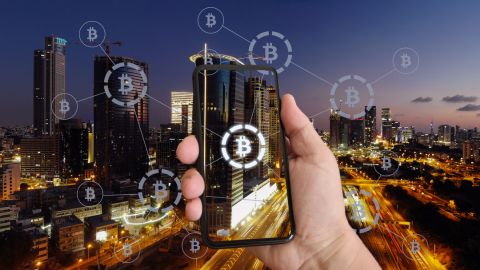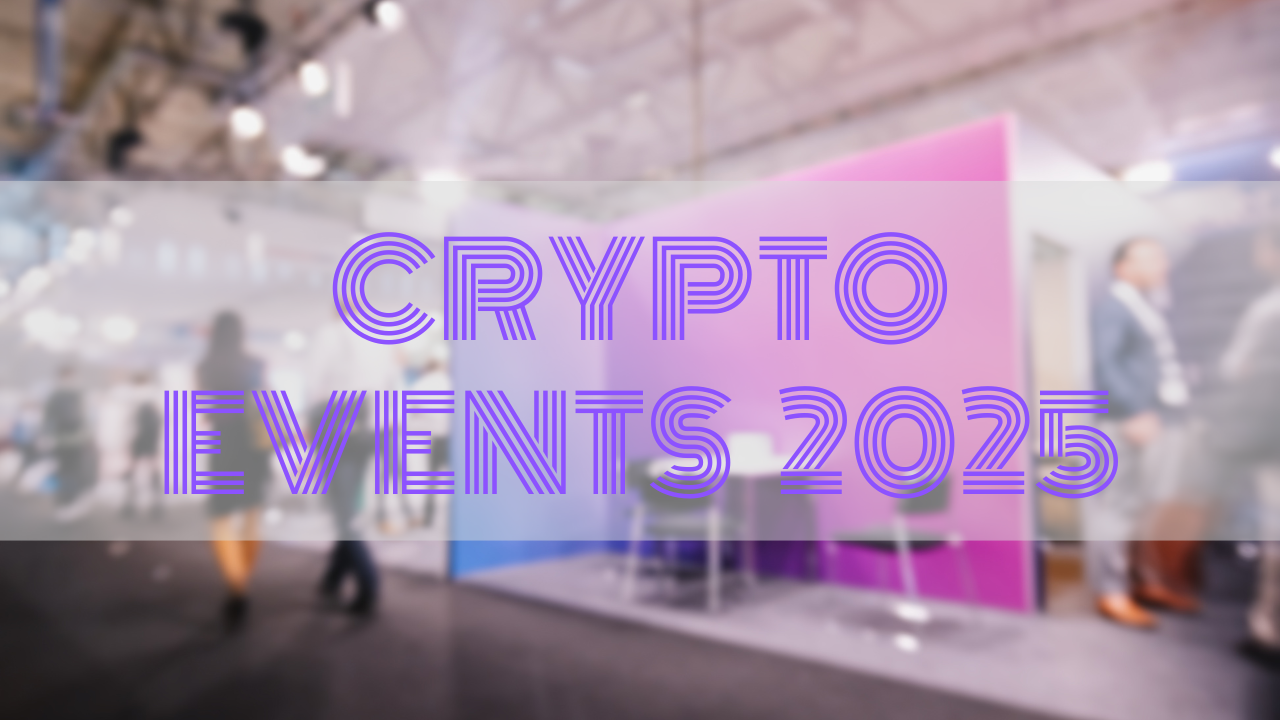Decentralized Autonomous Organizations (DAOs) offer a new and potentially revolutionary way to lead, manage, direct, and govern people and organizations. For those not familiar with the concept of DAO, it’s essentially an organization that operates on software code—a distributed ledger in which ownership is determined by token holders rather than traditional hierarchical structures or corporate executives.
Because DAOs have no leader, decision-making power is decentralized among the collective group of members who hold tokens related to the project. This style of governance has the potential to reshape many aspects of business operations including human resource management and organizational structure.
In this blog post, we will explore DAOs and their impact on governance and decision-making. We will also cover the risks involved in launching such an organization as well as real-world examples of these organizations.
Exploring DAOs and Their Impact on Governance and Decision-Making
In the past few years, Decentralized Autonomous Organizations (DAOs) have become one of the hottest topics in technology and business. DAOs provide a new way to run a company without having to rely on traditional organizational structures like hierarchy or bureaucracy, allowing for transparent decision-making processes while ensuring digital security and trust. But how do they work?
Whether you run a blockchain marketing agency, or you are an entrepreneur interested in implementing a DAO governance model, or are just curious about this technology, this post will give you an inside look at what makes these revolutionary organizations tick. Let’s dive into how DAOs work!
Decentralization
As the name suggests, DAOs are decentralized organizations that operate on a peer-to-peer network, without the involvement of intermediaries such as banks, governments, or corporations. This makes them more transparent, efficient, and democratic.
Consensus Mechanisms
In order to function, DAOs use consensus mechanisms, such as Proof of Work (PoW), Proof of Stake (PoS), or Delegated Proof of Stake (DPoS). These mechanisms ensure that all decisions are made based on the agreement of the network’s participants, rather than a single authority.
Smart Contracts
DAOs are powered by smart contracts, which are self-executing computer programs that run on the blockchain. These contracts define the rules and regulations of the organization, and they automatically execute the code when certain conditions are met. Smart contracts eliminate the need for intermediaries, as they allow the organization to run on autopilot.
Tokens and Tokenomics
One of the key features of DAOs is the use of tokens, which are digital assets that represent the value of the organization. Tokens can be used for various purposes, such as voting rights, fundraising, or rewards for contributors.
Tokenomics refers to the economics of tokens, including their supply and demand, market value, and distribution methods. DAOs use tokenomics to incentivize their members, attract new contributors, and create a sustainable ecosystem.
Impact of DAOs on Governance and Decision-Making
The emergence of decentralized autonomous organizations (DAOs) is set to revolutionize the way we think about decision-making and governance.
DAOs are powered by blockchain technology, enabling groups to make decisions without the need for intermediaries or centralized authority. Here are some of the ways DAOs will impact governance and decision-making:
Democratization of decision-making
DAOs offer a unique opportunity for democratizing decision-making, giving members a greater degree of control over the actions and goals of the organization. With no single entity in charge, decisions are made by consensus and stakeholders have a greater say in shaping the organization’s agenda.
Elimination of intermediaries
Traditionally, intermediaries such as banks or companies have played a significant role in mediating decisions and transactions. DAOs remove the need for such intermediaries, allowing members to interact directly with the organization, and facilitating transactions in a secure and transparent way.
Transparency and accountability
One of the most significant advantages of DAOs is the transparency and accountability they offer. Members can track every decision made by the organization, ensuring that all actions are in line with the group’s objectives. This level of transparency offers greater trust and confidence in the organization, allowing members to participate with greater assurance.
Efficiency and speed of decision-making
DAOs can make decisions more quickly and efficiently than traditional organizations. Using blockchain technology, transactions can be verified in real-time, reducing the processing time involved in decision-making. This speed and efficiency are set to increase significantly in the coming years, as DAOs continue to evolve and become more refined.
To leverage these benefits, it is crucial for DAOs to partner with a reputable blockchain or cryptocurrency marketing agency. An experienced crypto marketing agency can help DAOs projects maximize their visibility and reach through targeted promotions, social media engagement, and content marketing efforts.
Examples of DAOs in Action

Decentralized Autonomous Organizations, or DAOs, have gained significant popularity in recent years. These organizations are run by software and operate autonomously without any central control. Some of the most well-known and successful DAOs include:
The DAO
The DAO was one of the first and most significant DAOs to enter the market. It was created in 2016 and operated on the Ethereum blockchain. Unfortunately, the DAO faced a massive hack that resulted in the loss of millions of dollars worth of ether. Despite this setback, the DAO paved the way for the development of other DAOs that have since been successful.
MakerDAO
MakerDAO is one of the most popular DAOs in operation today. It operates on the Ethereum blockchain and provides a decentralized lending platform. Users can borrow Dai, a stablecoin pegged to the U.S. dollar, without the need for a central authority.
MolochDAO
MolochDAO is a community-driven grant-giving organization that operates on the Ethereum blockchain. It enables users to pool their Ethereum and vote on which projects to fund. The DAO has raised over $1.5 million for various Ethereum-based projects.
Aragon
Aragon is a DAO that provides a platform for creating and managing other DAOs. It enables users to create their own governance structures and operate them autonomously. The platform has gained significant attention from crypto marketing experts.
Potential Challenges and Limitations of DAOs
DAOs, or Decentralized Autonomous Organizations, are widely viewed as a revolutionary concept in the world of blockchain and digital assets. These organizations are designed to operate on a decentralized system, which eliminates the need for intermediaries and provides greater transparency and accountability.
While DAOs hold immense potential for democratizing decision-making processes and creating more efficient systems, there are several potential challenges and limitations that must be considered.
One of the most significant concerns is regulation and legal challenges. As DAOs operate on a blockchain-based platform, they may face regulatory hurdles and legal issues related to securities laws, taxation, and compliance.
Additionally, there is a risk of centralization in DAOs, which can undermine the democratic principles on which they are founded. Without effective governance structures in place, certain members may gain more influence and power, leading to a concentration of decision-making authority.
Governance challenges are also a concern, as DAOs operate on a consensus-based model. This means that every decision must be approved by a majority of the members, which can be slow and cumbersome. Furthermore, it can be difficult to ensure that all members are acting in the best interests of the community.
Finally, DAOs are not immune to security risks and vulnerabilities. Since they operate on a digital platform, they are vulnerable to hacking and cyber attacks, which can compromise sensitive data and assets. Without robust security measures in place, DAOs can fall prey to malicious actors.
Future of DAOs
As the popularity of DAOs continues to grow, the potential for disruption in traditional organizational structures becomes more imminent. The decentralized and democratic nature of DAOs allows for greater participation and transparency in decision-making, removing the need for centralized authorities and intermediaries.
This could ultimately lead to a shift in how businesses and organizations operate and communicate with their stakeholders. Furthermore, DAOs are increasingly being recognized as key players in the emerging world of decentralized finance (DeFi). With their ability to automate financial transactions and provide transparent governance, DAOs are poised to transform the way financial institutions operate in the future.
The integration of DAOs with other emerging technologies, such as blockchain and artificial intelligence, also presents tremendous potential for innovation and disruption. By combining the power of these technologies, DAOs can become even more efficient and effective in facilitating decentralized decision-making and governance.
Conclusion
The importance of DAOs cannot be overstated! They offer a revolutionary new way of organizing and governing, which has the potential to transform various industries, including finance, governance, and decision-making.
As more developments and advancements emerge in the space, the future of DAOs looks promising. However, it is important to note that there are still hurdles and challenges to overcome, such as regulatory frameworks and scalability issues. Nonetheless, it is exciting to see the rapid evolution of DAOs and their impact on the future of governance and decision-making.
If you are planning to launch the next big thing in the DAO industry, reach out to a proper web3 marketing agency. They should be able to help you effectively communicate your offerings and establish yourself as a leader in the industry. By highlighting your project features, you can appeal to a growing community of blockchain enthusiasts and investors, and increase credibility and visibility in the industry, which can ultimately lead to greater success and growth.



